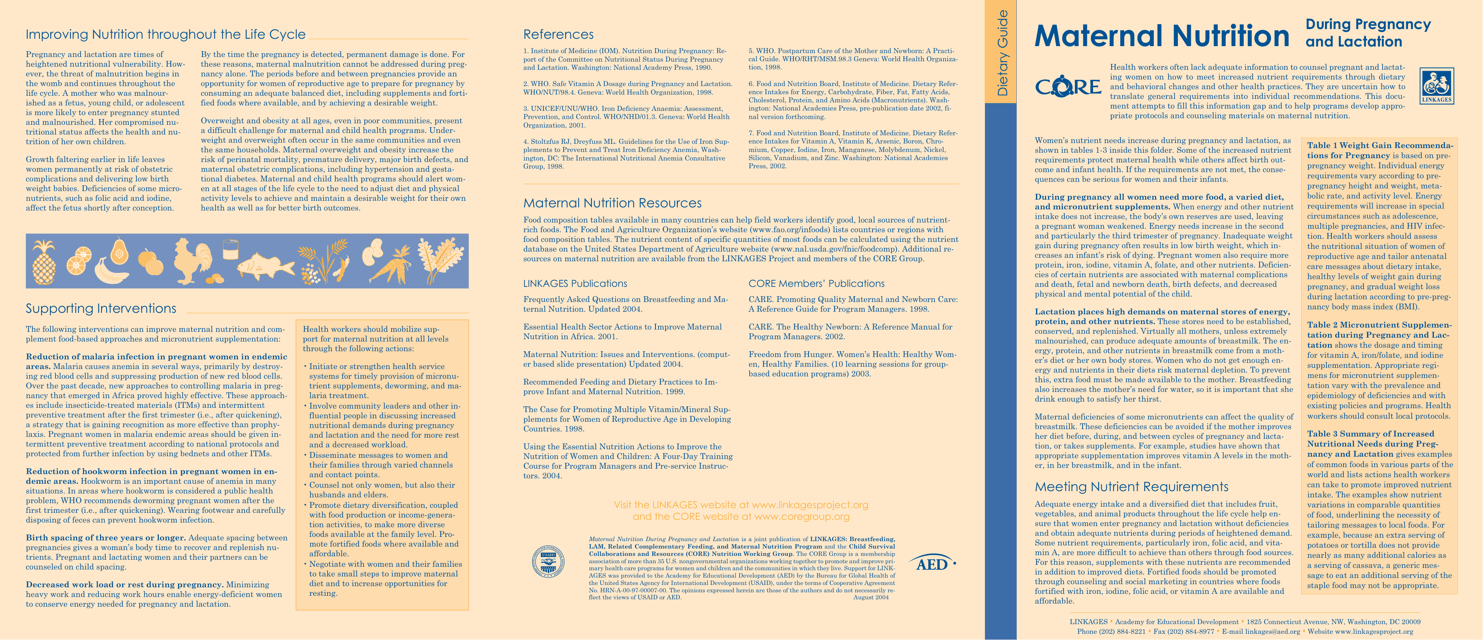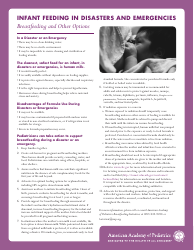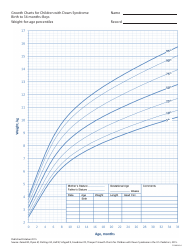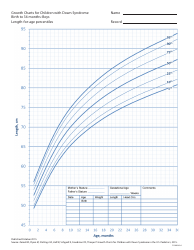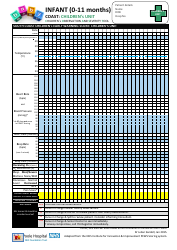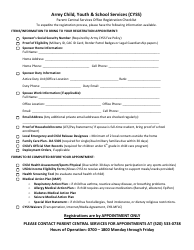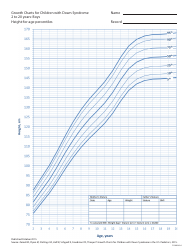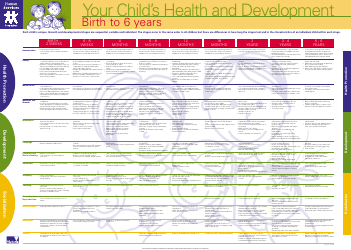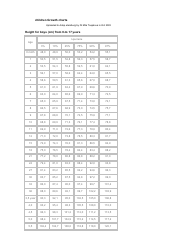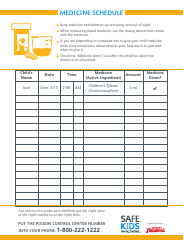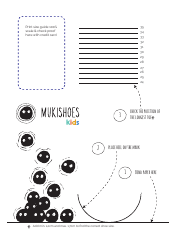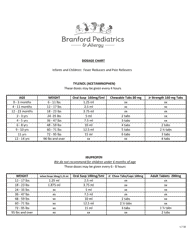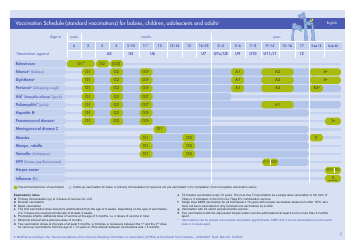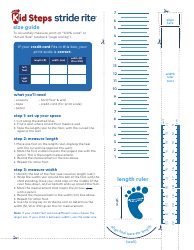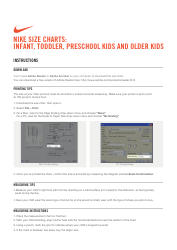Dietary Guide: Maternal Nutrition During Pregnancy and Lactation
The Dietary Guide: Maternal Nutrition During Pregnancy and Lactation provides recommendations on proper nutrition for pregnant and lactating women to support healthy development of the baby and maintain the mother's health. It helps ensure that both the mother and baby receive essential nutrients during these critical phases.
The Dietary Guide: Maternal Nutrition During Pregnancy and Lactation is filed by the United States Department of Agriculture (USDA) and the Department of Health and Human Services (HHS).
FAQ
Q: Why is maternal nutrition important during pregnancy and lactation?
A: Maternal nutrition is important during pregnancy and lactation because it directly affects the health and development of the baby.
Q: What are some important nutrients for pregnant and lactating women?
A: Some important nutrients for pregnant and lactating women include folate, iron, calcium, and omega-3 fatty acids.
Q: Are there any specific foods that pregnant and lactating women should avoid?
A: Pregnant and lactating women should avoid certain foods that may pose a risk of foodborne illnesses, such as raw or undercooked fish and meats, unpasteurized dairy products, and certain types of seafood.
Q: Should pregnant and lactating women take supplements?
A: It is recommended for pregnant and lactating women to take prenatal vitamins or supplements, under the guidance of a healthcare provider, to ensure adequate nutrient intake.
Q: How much weight should a woman gain during pregnancy?
A: The amount of weight a woman should gain during pregnancy varies based on her pre-pregnancy weight. On average, a healthy weight woman should gain around 25-35 pounds during pregnancy.
Q: Is it safe to exercise during pregnancy?
A: It is generally safe for pregnant women to exercise, but it is important to consult with a healthcare provider before starting or continuing an exercise routine.
Q: Why is breastfeeding recommended for infants?
A: Breastfeeding is recommended for infants because it provides optimal nutrition and helps in the bonding between the mother and baby. It also offers several health benefits for both the mother and the baby.
Q: How long should a woman breastfeed her baby?
A: The American Academy of Pediatrics recommends exclusive breastfeeding for the first six months of life, followed by continued breastfeeding along with appropriate complementary foods for at least the first year or longer as mutually desired by the mother and baby.
